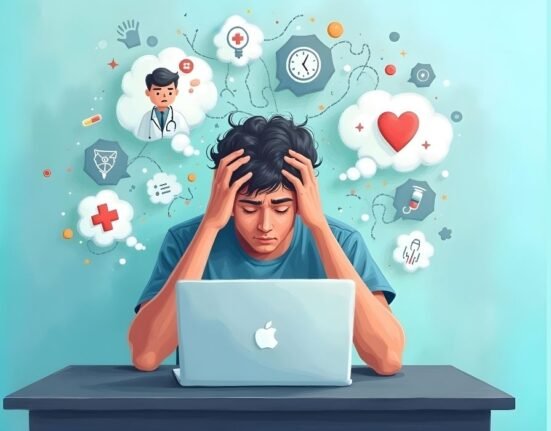With the advent of technology, we do possess a virtual self. The bigger question remains Is there a discrepancy between the real and virtual self? Since, it is a virtual platform there is a certain way we present ourselves. This self might be very different when we compared to the real self as the virtual self often contains many filters. The question or the idea of “disclosure” plays a very important role. It is interesting to see how the same individual may indulge in different levels of exposure when the contrast between the real and ideal self peeps in. Sometimes, people also want to explore a side of themselves that they have never explored as there is more freedom to express one’s own ideas and opinions. They also present a self that helps them overcome shame and embarrassment. Therefore, this idea of presenting two different selves may not happen with each and everyone but one should always be critical about it. One should consistently question oneself as to whether this real and virtual self is making them more vulnerable or not. The way virtual habitats have entered our lives actually make a deep seated impact on us psychologically and sometimes these influences are happening at an unconscious level to which we should develop awareness about. A lot of work has been done on the idea of self-concept and virtual spaces. A study (2005) highlighted that cognitive dissonance is the outcome when there are different and conflicting perceptions about self co-existing in a person. This sense of confusion and dissonance then goes on to hamper an individual’s well-being be it psychological, social or spiritual. Some common issues highlighted by them were a blow to their self-esteem and extreme level of stress (Aronson & Wilson, 2005). People from time to time might feel that performing to be a certain way comes with no cost when it is via social media but that is particularly untrue. The whole idea of performativity can have major implications on self. Studies have also gone on to show that people who are anxious when it comes to interacting with people face to face are better placed when virtual interface seems to exist between them and the community. The whole idea of “anonymity” that social media offers are both a boon and bane. Because of social media, people engage in the process of social comparison which might be seen as very unhealthy when it starts impacting one’s identity.
The whole platform of social media is now being used in a diverse way where people can engage in various leisure activities such as play, chat etc. The diversified virtual spaces are, the diversified are the impacts it has on self. Therefore, people’s different representations of self in an online platform bring out the different shades on people. It also allows a sense of the validation of self which might be dangerous. For example, if people do not get enough likes or comments, one may see oneself as undervalued or unworthy. Therefore, some also try to fetch the idea of an ideal self but are humans able to reach that or the process of reaching filled with effects on self and identity. Few studies have also reported that autonomy levels increase as they are able to express all shades of themselves without the fear of being questioned but in that process, personal development is highly at stake. Another good consequence to being a part of virtual community is that it helps you model, imitate and emulate one’s behavior around certain ideal social figures which may then lead to the person engaging in constructive habits such as eating healthy food etc. Another psychological implication of real and ideal self discrepancy is the presence of a wide array of difficult emotions such as displeasure, discontent and frustration. This can then lead to opportunities being missed that align with a person’s own vision and aim in life. Additionally, what can happen is that because one engages in virtual self so much so that the boundaries between real and ideal self become blur. Once, they become blur, the person themselves might be unable to identify their own selves. It might also happen that the virtual self which might be hidden would be a source of contentment to an extreme level for the person such that he/she might become addicted. Hence, the added features that they might add to their virtual self might become so comforting leading to a changed self. The desired change on the virtual platform can entice people to apply these changes in their real lives and any attempt to not fulfill so might lead to breakdowns in the way they see themselves. Therefore, from this we can increasingly see as to how people are turning to social media as a tool for self -understanding. But, the use of the platform to a maximal level only depends on how realistic their experimental approach with their selves is. Therefore, it is a constant source of debate as to whether the virtual self is an extension of real self or is it not? Therefore, one must analyze if this constant engagement of virtual self is helping them become a better version of themselves or is it the other way round. Therefore, a study by Levy found that there are some important after effects seen in people who engage in a lot of virtual spaces where they try to expand their self by implementing their online experiences in their real life. Therefore, virtual spaces cam actually be used as an intervention to address the issues faced by people (Agger, 2004)












Leave feedback about this